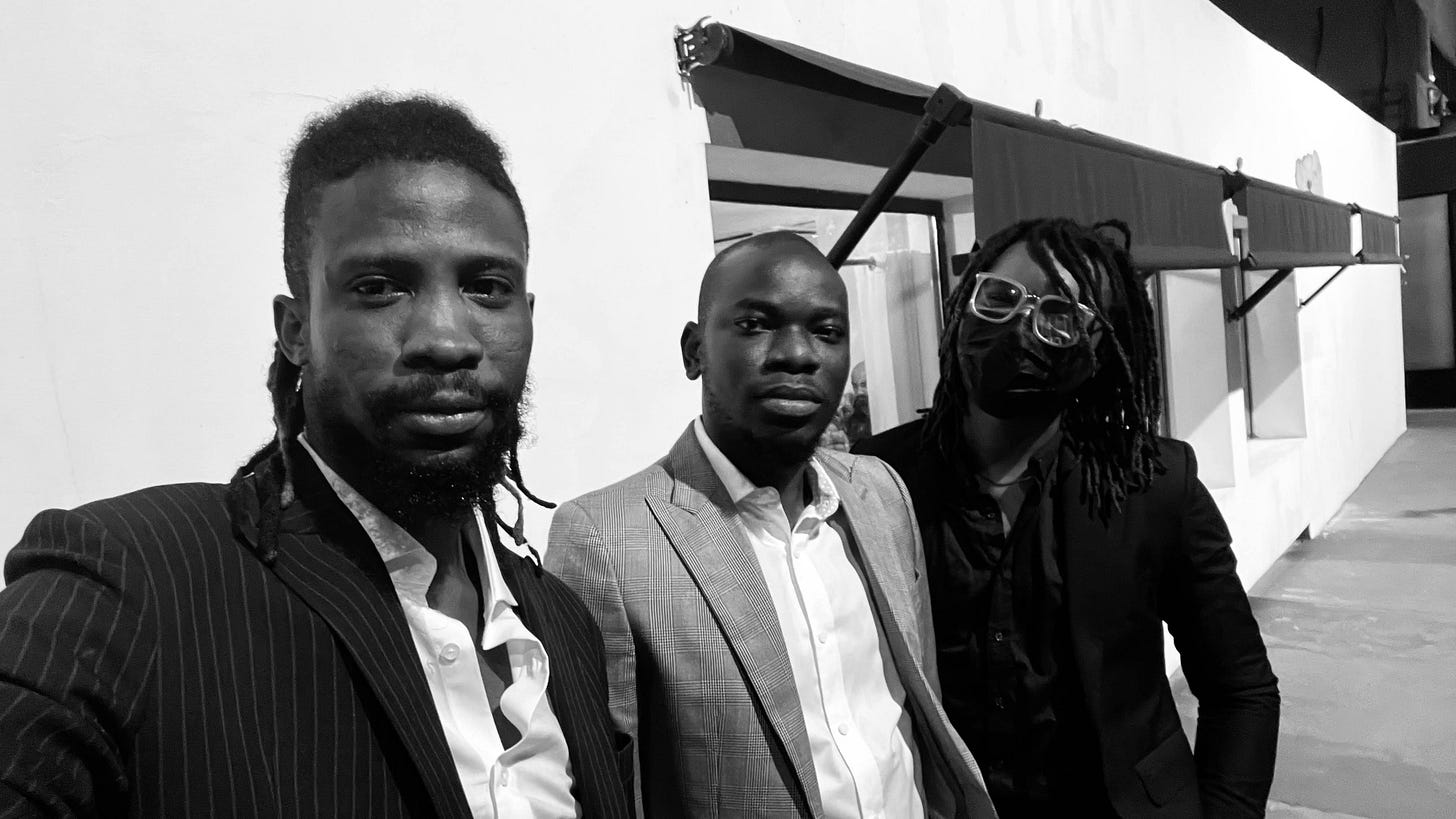humans are simple. their complexity is merely a trivial deviation from the rigid rulesets you use to classify them, and the frameworks you use to manage the heterogeneity of humanity is ironically making you unable to see a human being. your high-fidelity ‘human detection systems’, for all the effort, are only casting anti-aliased shadows of a human being. you’ve gotta get rid of all that and see them.
so, start there. see one person. the next time you’re speaking to your friend, allow your mind realize that several years of separate development have led you both here. years you separately filled with meaningful events. their loss is as real as yours (stop with the ‘nobody gets my pain’ bullshit — we mostly get it. it’s articulation you’re mistaking for understanding). their wins are tangible things, not a wikipedia table of exploits you need to remember to stay up to date with the general gist of life.
when someone tells you something, first ignore what they have said. ask yourself: of all the things they could have shared with me, why did they share this? you’ll find that humans are either sharing something they think you’ll be interested in, or they’re telling you something they genuinely care about.
the former is often a source of confusion. you want to tell them they couldn’t possibly understand what you’d like (translation: nobody understands me). you feel their perception of you flattens the nuance of who you are (“is this the kind of person they think i am?”).
and yet you navigate the world certain you’ve clocked everybody else’s tea.
the latter, if the internet is to go by, is hit or miss. too often, people say someone else is boring, and even the tiniest scrutiny shows someone who’s not picking up what someone is putting down. eg, one asks oneself: why did this person just spend the last ten minutes telling me about a frankly boring quarrel with her older sister? perhaps they’re telling you everything you need to know: that their dynamic with their sibling is the original manuscript for how they navigate the world. sisterly dynamic as first port of call. you could save yourself a great deal of heartache from listening to this unconscious divulgence of behaviours so entrenched they may as well be genetically transmitted.
but you’re too preoccupied with how nobody gets you to notice yourself not getting other people.
how to make friends:
stop being friendly with everyone. replace obligatory friendliness with politeness.
only interact with people who make you feel alive. you may be good at performing “gets along with everyone”, but you know it takes a toll. that ‘social battery’ thing is more tasking than you’re noticing.
pay attention to what makes people ‘burn tokens’. what topics or lines of enquiry make the chat group light up? what category of meme does your friend constantly send you? what makes your taciturn friend suddenly energetic? it may not be your cup of tea, but it’s theirs. would spending some time to understand a few special interests deepen your friendships?
treat friendship like a project. you have to work towards knowing people. that includes doing things together, and talking with them more than you talk to anyone else in the world. that’s why we start with number 1: you have to stop being friendly with everyone. you need to concentrate your energy.
value your friends, so you are quick to forgive. if you have done the good work of curating your friends, then they’re worth their weight in gold. you can’t replace them effortlessly. this dynamic is exactly what you want: friends so valuable, it’s cheaper to forgive them than replace them when they offend you.
be more of what you want your friends to be. want to receive gifts on your birthday? gift your friends on their birthday. want your friends to hang out more? invite them out. want friends that are more empathetic? notice their emotions more, and preemptively reach out to them. it’s ridiculously effective.

be vulnerable. disgustingly so. friends want to be vulnerable with one another, but often have to put on airs of strength because they don’t want to appear weak. that’s wild, but i catch a whiff of this every now and then when i talk to people about their friendships. someone has got to be the emotion calibrator (since it defaults to ‘hard mode’ if left alone). you can do it by being vulnerable. tell your friend something that doesn’t gas you up (you know what i mean, humble bragger). tell them something really painful, shameful, or disappointing that happened to you.
notice how most people default to shielding you from your emotions (“you can’t think of it like that, you’re the kindest/sweetest/funniest person i know…”) when you share your hurt. it’s default programming. we don’t want to see each other experience just how ‘real’ life is (since it probably affects our resilience to the world). but with enough turns, we start shedding those conciliatory templates for deeper connections. we used to be able to cry in each other’s arms.


Thank you for this, there is a part of me that wants to now write a newsletter titled; how to not make friends. 😂🤍
Amazing